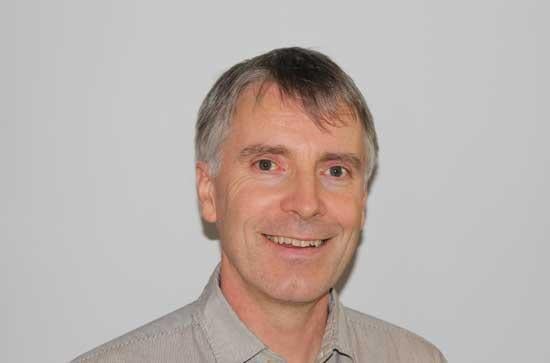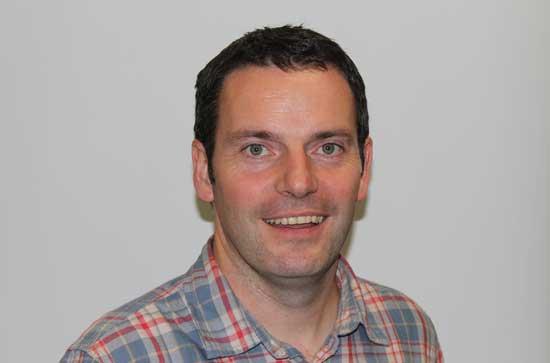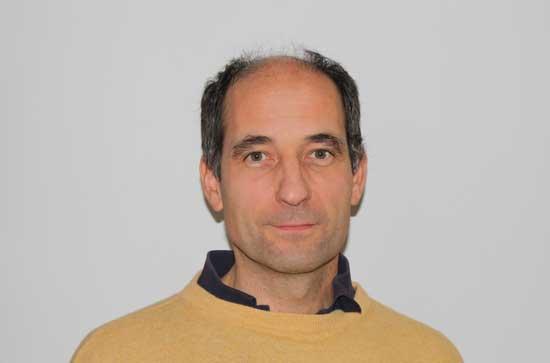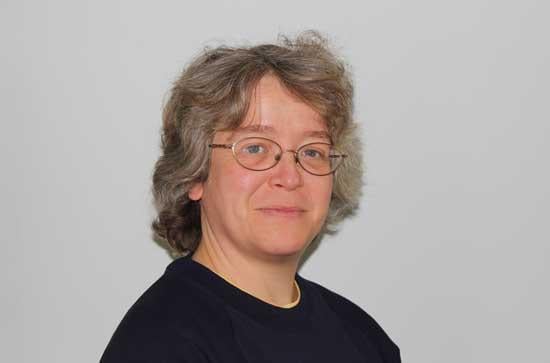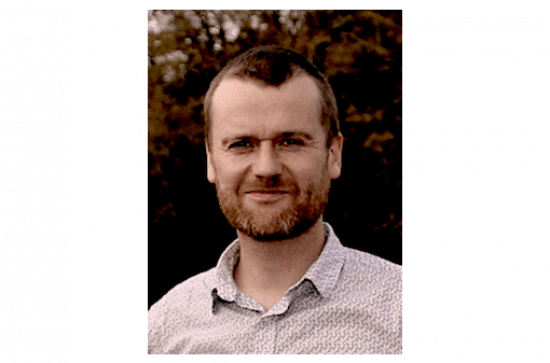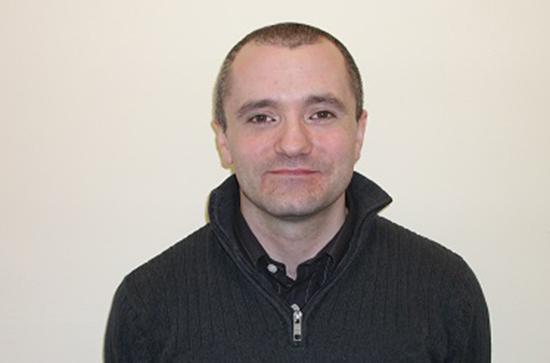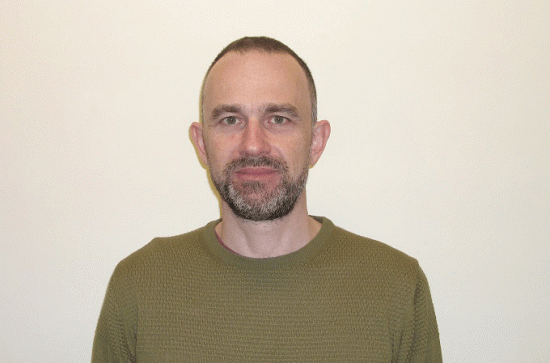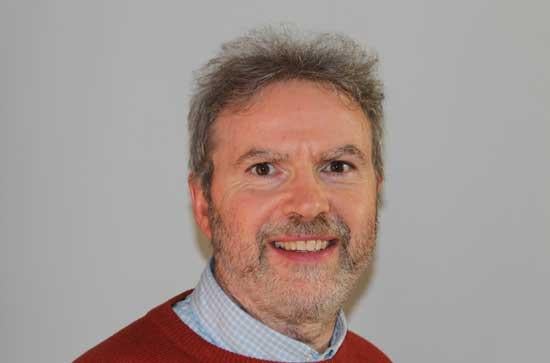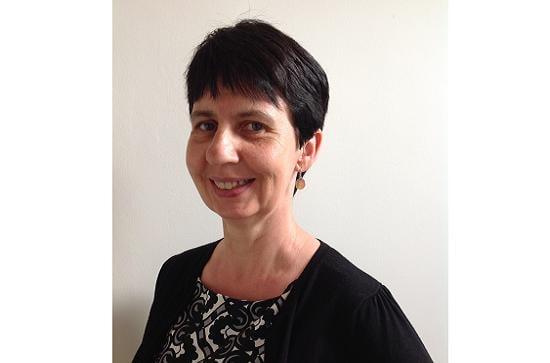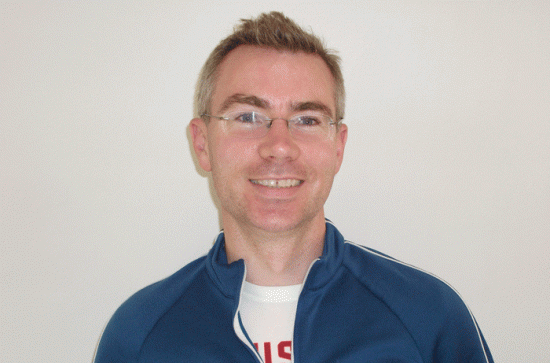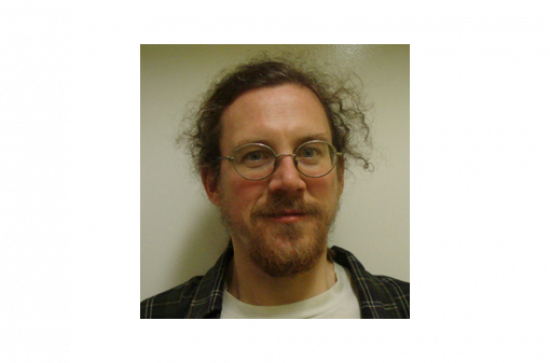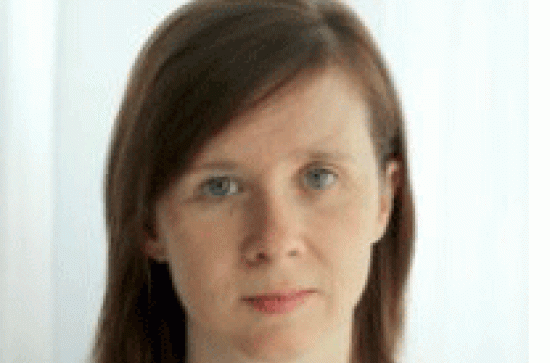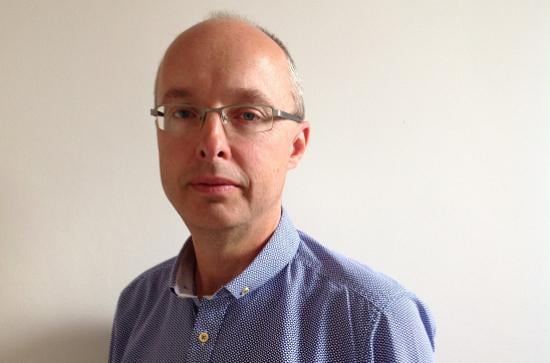Qualification : BACHELOR OF SCIENCE DEGREE
Award Type and NFQ level : UNDERGRADUATE DEGREE (8)
CAO/MU Apply code : MH206
CAO Points : 513
Closing Date : 01 July 2025
Degree Overview
>Study the entire physical world from the microscopic to the cosmic - topics such as black holes, the Big Bang, quantum computing, elementary particles and the fundamental forces of nature, superconductivity, neural networks, matter in extreme conditions, and simulation of physical and biological systems.
>Students develop a deeper understanding of the various areas of modern mathematics, including analysis, algebra, geometry, and topology.
>This accelerated three-year programme is designed for students with a very strong interest in theoretical physics and mathematics. Theoretical (Mathematical) Physics and Mathematics are studied throughout the three years of the programme.
>Understand how mathematical science underpins key areas of human endeavour and industry, from engineering to construction to economics, software development to space travel.
>Learn how to think hard and rigorously about mathematical questions and the fundamental theories of physics.
Accelerated 3 year degree
- Students enter directly into the 2nd year of the standard 4-year Mathematical Physics programme, and take a more challenging Mathematics programme beginning in first year
- Students concentrate on Theoretical Physics and Mathematics for each of the 3 years of the degree
- Given the accelerated nature of this programme, a H2 grade in Leaving Certificate Mathematics is required for entry. Students require 50% in Maths (Pure) to proceed to 2nd year. Students continue with Mathematical Studies in 2nd year if they attain less than 50%.
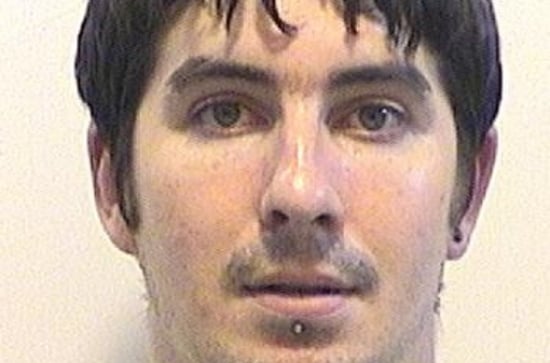
Academic
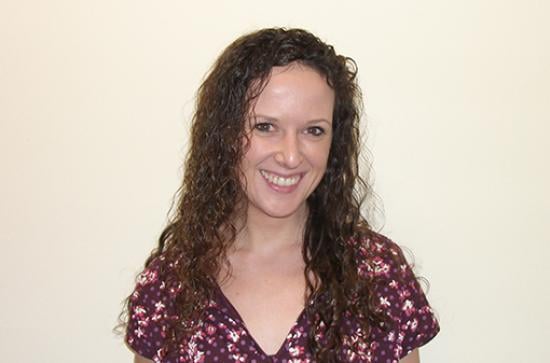
Academic
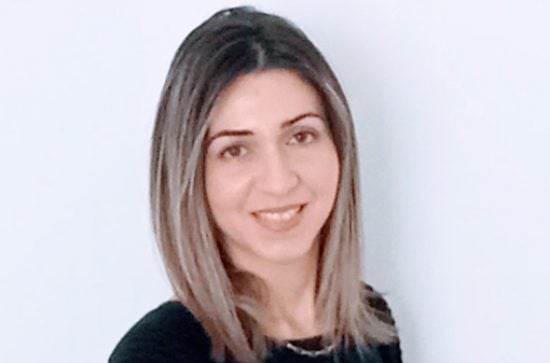
Academic
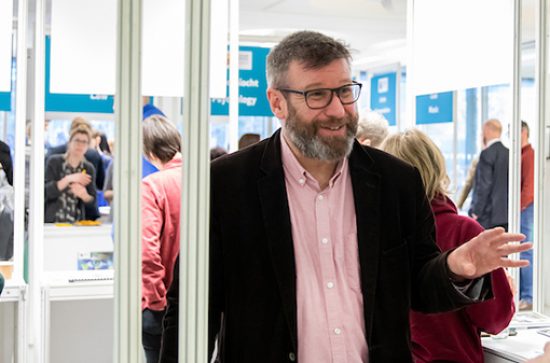
Academic
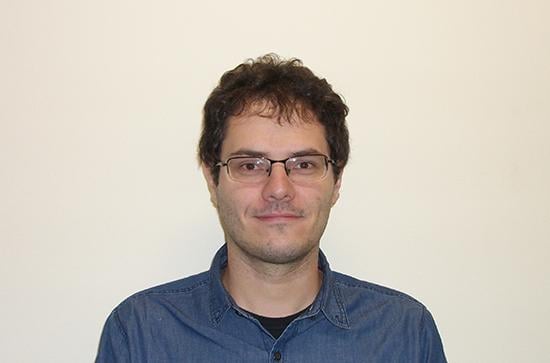
Academic
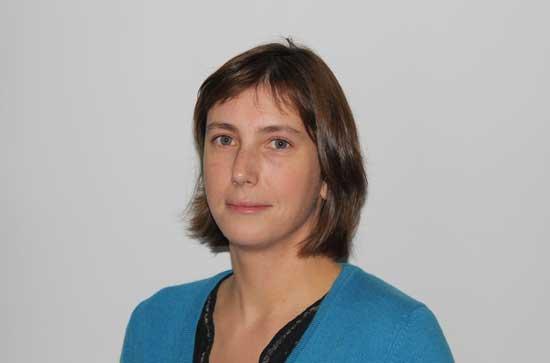
Academic
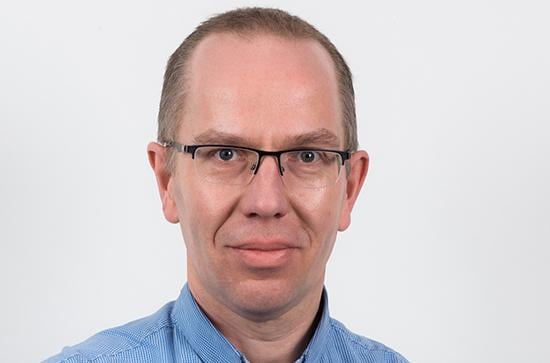
Academic
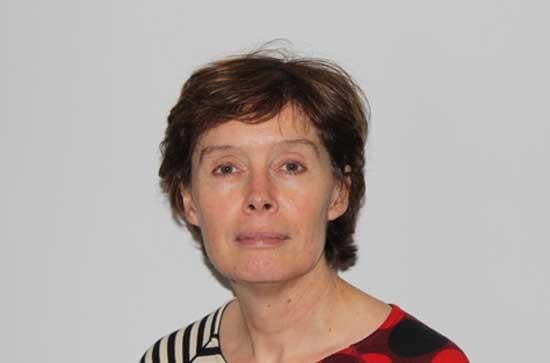
Academic
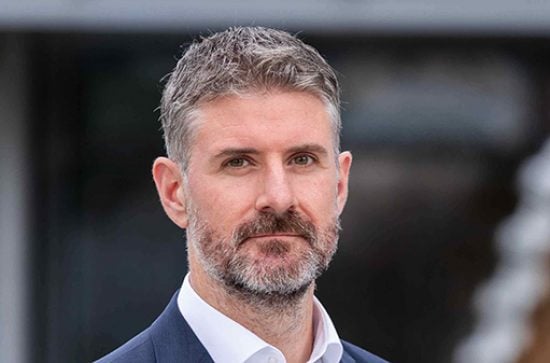
Academic
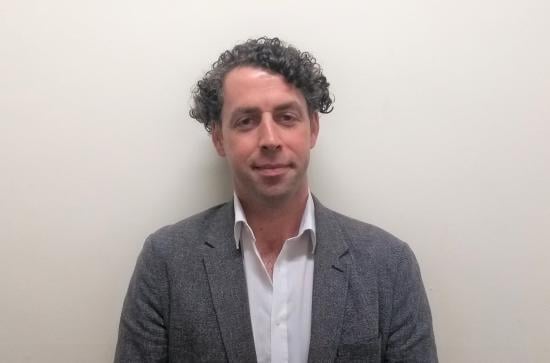
Academic
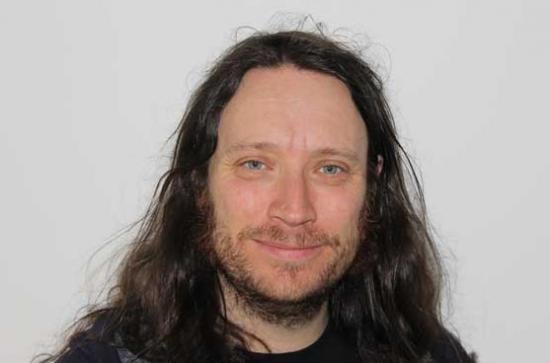
Academic
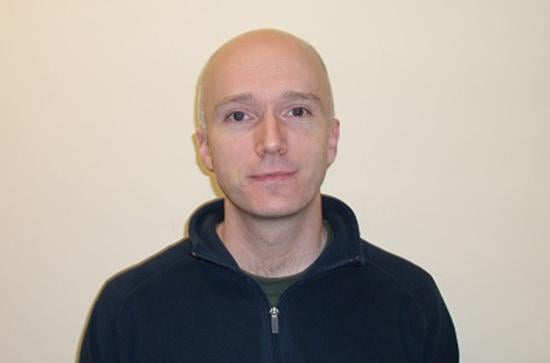
Academic
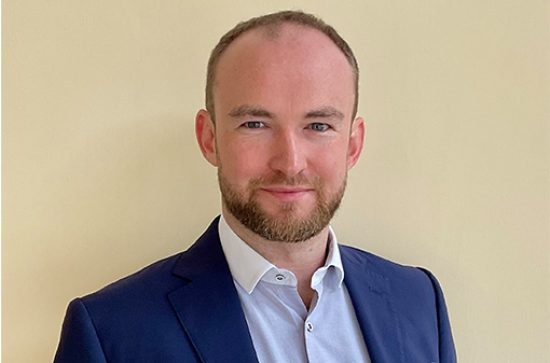
Academic
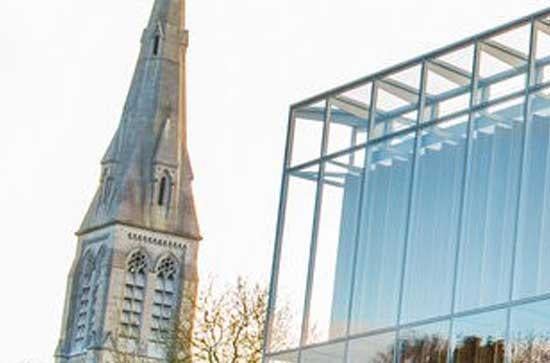
Academic
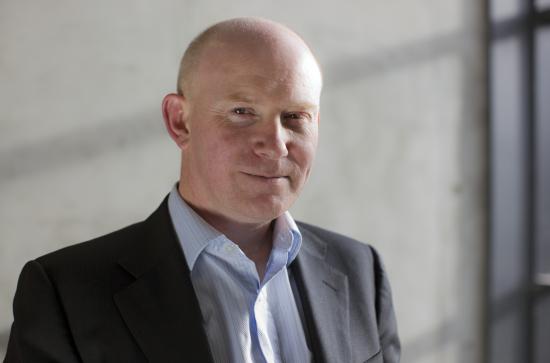
Academic
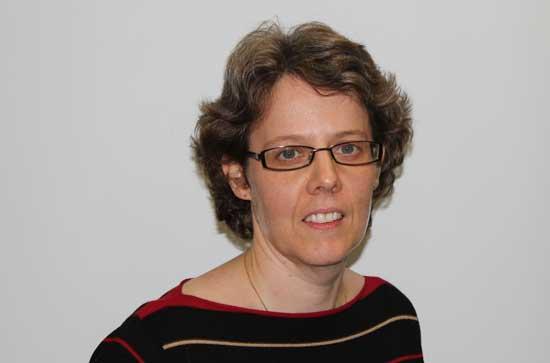
Academic
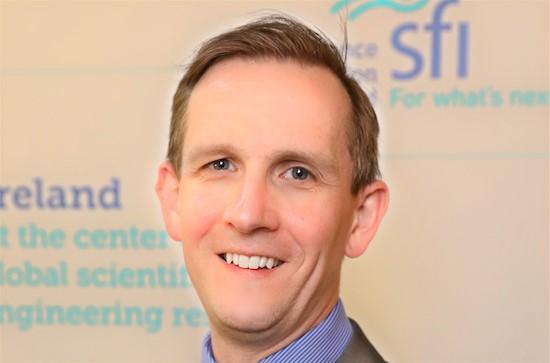
Academic

Academic
Department of Social Sciences Institute (MUSSI)
Department of National Centre for Geocomputation (NCG)
Department of Mathematics and Statistics
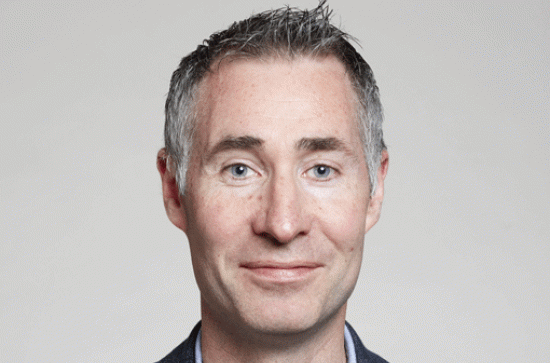
Academic
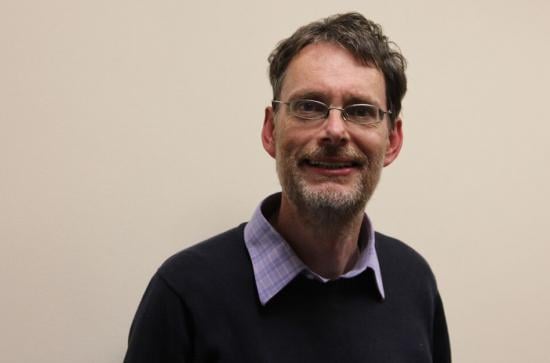
Academic
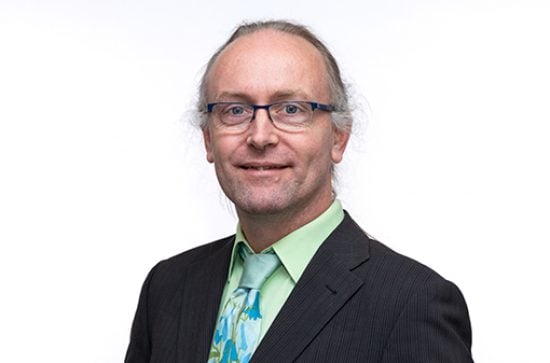
Academic
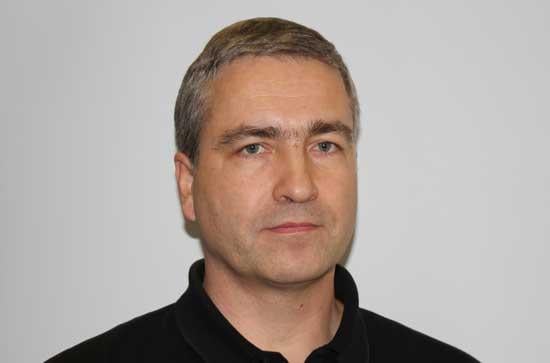
Academic
| Subject | Required | Ordinary Level Grade | Higher Level Grade |
|---|---|---|---|
| Irish | Yes | O6 | H7 |
| English | Yes | O6 | H7 |
| Language | No | N/A | N/A |
| Math | Yes | N/A | H2 |
| Science | Yes | O6 | H7 |
International & EU/EFTA Entry Requirements
Mature Students
Mature Applicants
Mature applicants are assessed separately to school-leavers. Mature applicants are 23 years or older by 1st January in the year of entry to the University. For part-time/flexible degrees the mature age is 21.
Mature applicants who have a disability
If you have a disability or specific learning difficulty (e.g. dyslexia), and require examination support for any required written exercise/interview which may form part of your application assessment please submit supporting documentation by 15 March 2025 to the Access Office.
Unfortunately we are unable to consider applications for alternative examination accommodation after this deadline.
01 February 2025
Additional Information
Leaving Certificate Applicants
Required to present (as a minimum): 2H5 & 4O6/H7 and O6/H7 in Irish, English, Science subject (i.e. Agricultural Science, Applied Mathematics, Biology, Chemistry, Computer Science, Physics, or Physics with Chemistry) & H2 Mathematics. MH206 Round 1 Points 2024: 513
HEAR and DARE
DARE: The Disability Access Route to Education is a third level alternative admissions scheme for school-leavers whose disabilities have had a negative impact on their second level education.
HEAR: The Higher Education Access Route is a third level admissions scheme for school leavers from socioeconomically disadvantaged backgrounds.
Contact the Access Office for more information about these access routes
APPLY TO THE CAO - WWW.CAO.IE
The application process depends on the type of applicant you are. Click here for all information about how to apply.
Categories of applicant:
- School-leavers (Leaving Certificate students)
- Mature students (23 years or older by 1st January in the year of entry to the University/part-time degrees the mature age is 21)
- EU/EFTA/UK students
- International students (outside the EU)
- QQI (Further Education) students
- Transferring students
- Deferring students


